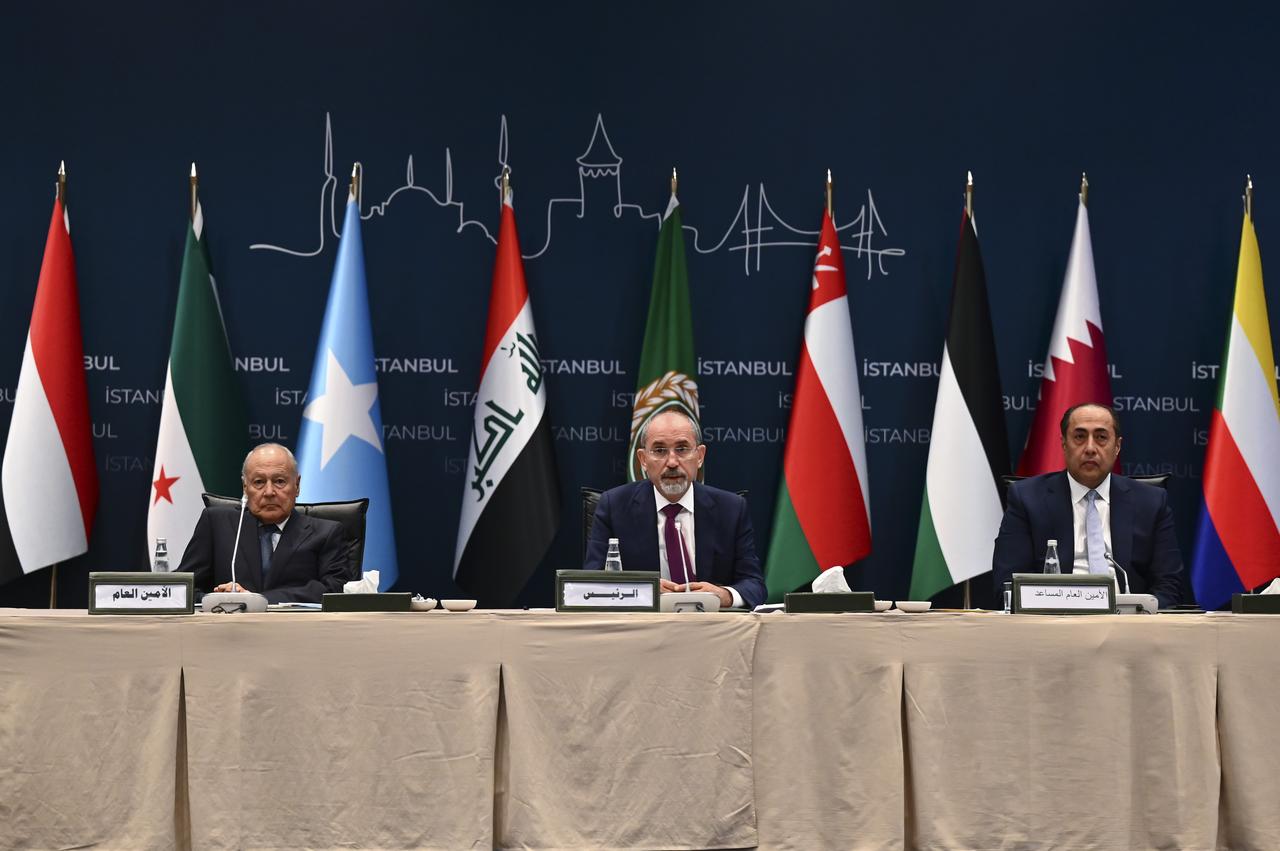
Arab League Foreign Ministers condemned Israeli attacks on Iran and called for their immediate cessation, de-escalation of tensions, and intensified regional and international efforts for a comprehensive ceasefire.
The Arab League Foreign Ministers convened in Istanbul, Türkiye, to evaluate developments related to conflicts that began with Israeli attacks on Iran, issuing a final statement following their meeting.
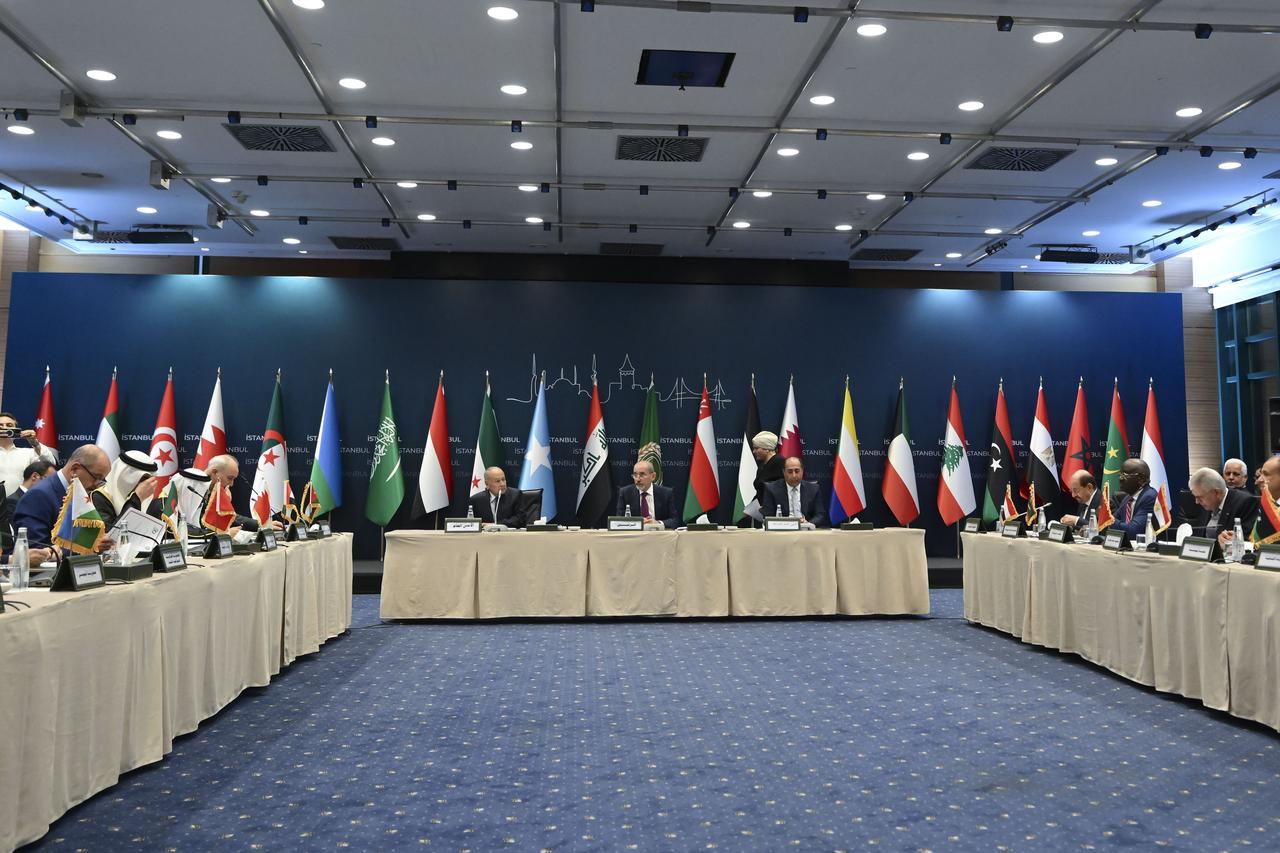
The statement declared that attacks on Iran constitute "a clear violation of the sovereignty of a United Nations member state and threaten regional peace and security."
The statement emphasized the need to "stop the aggression, return to negotiations to reach an agreement on Iran's nuclear program, and support ceasefire efforts."
The statement also called on the international community, primarily the UN, to "assume its responsibility to stop Israeli aggression that violates international law and poses a threat to regional security."
The document noted that "diplomacy and dialogue" represent the only path for resolving crises according to the U.N. Charter and international law.
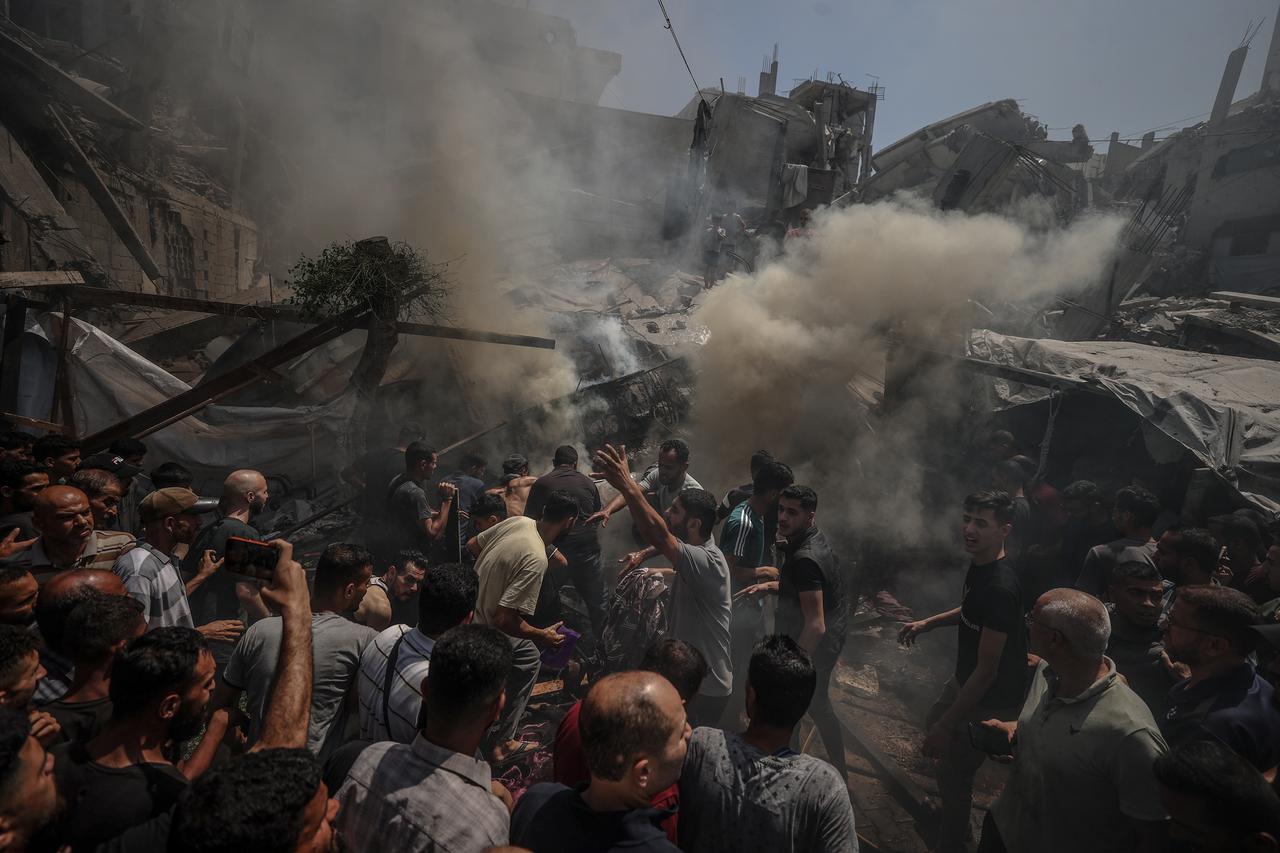
The statement called for "respect for freedom of navigation in international waterways," warning that "attacks against them could have critical consequences for the global economy and energy security."
The document condemned "violation of regional countries' airspace by any party and demanded avoiding targeting nuclear facilities under International Atomic Energy Agency safeguards," warning about "the dangers of nuclear leaks and the devastating humanitarian and environmental effects they could cause."
Further on in the statement, it's noted that a comprehensive ceasefire can only be achieved by "addressing all causes of tension and conflict, stopping Israeli attacks on Gaza, providing immediate, adequate, and sustainable humanitarian aid to the region through U.N. agencies, and preventing illegal Israeli practices in the West Bank that undermine the two-state solution."
The Arab foreign ministers warned that "Israel is pushing the region toward more conflict and tension."
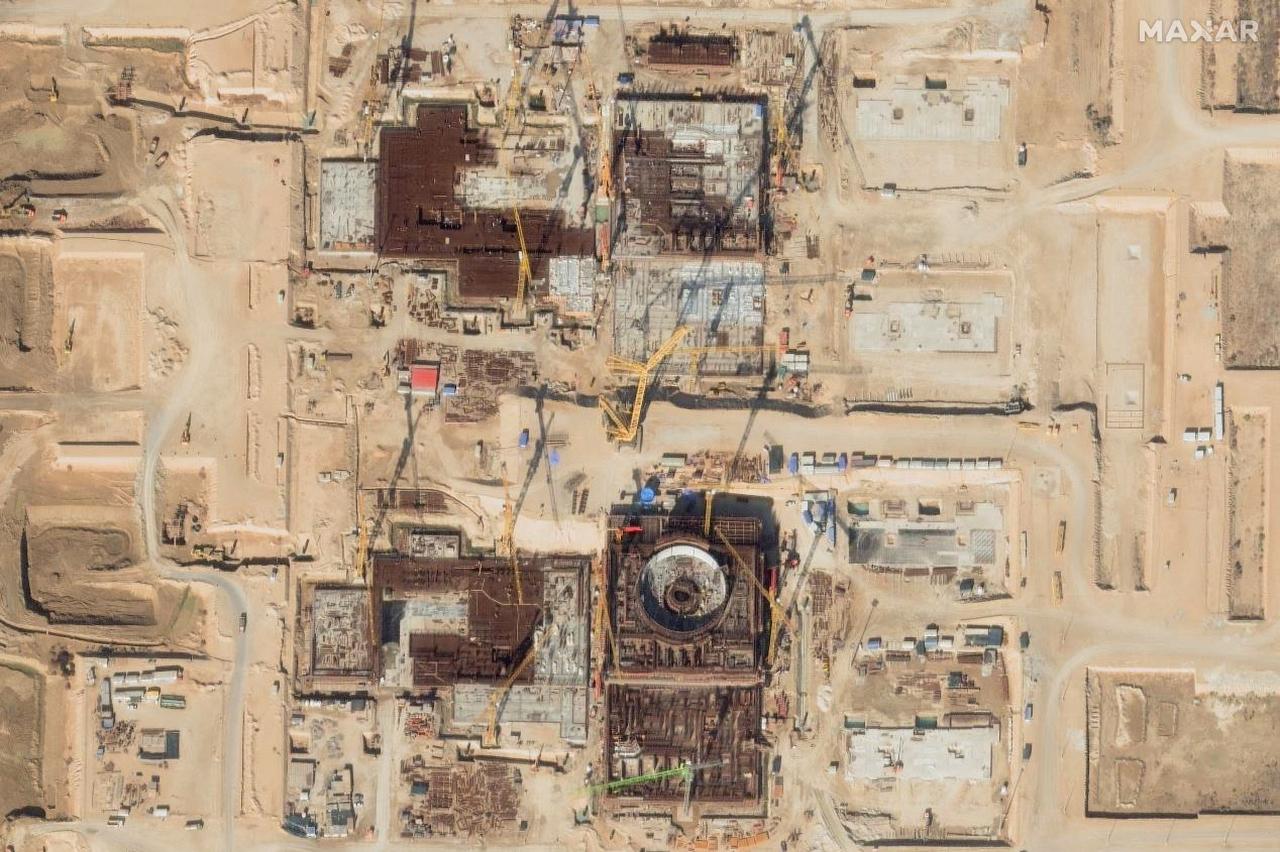
Based on U.N. resolutions and previous Arab League summit decisions, the statement called for "ridding the Middle East of nuclear weapons and weapons of mass destruction," emphasizing that all countries in the region should join the Nuclear Non-Proliferation Treaty (NPT).
The statement also called on the international community to "take action to end Israel's aggressive policies, work to achieve just peace, and implement international decisions and the Arab Peace Initiative plan approved in 2002."
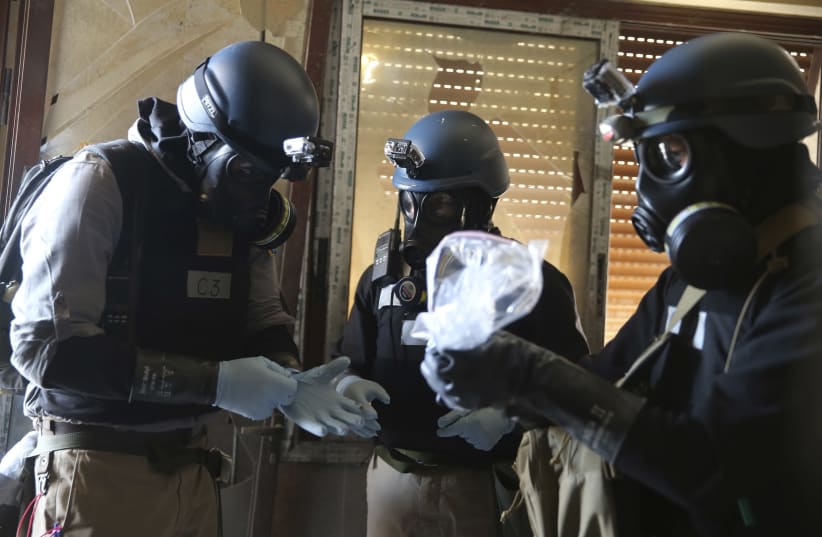
Jordan's Foreign Minister Ayman al-Safadi stated that the region is "on the edge of a very deep abyss."
Safadi made remarks to the press following the Arab League Foreign Ministers meeting in Istanbul to evaluate developments related to conflicts that began with Israeli attacks on Iran.
Noting that the meeting evaluated not only attacks on Iran but also developments in Gaza and the West Bank, Safadi said Israeli attacks have raised tensions in the region.
"First, the attacks must stop, then negotiations must begin to reach a political solution regarding Iran's nuclear program," Safadi said.
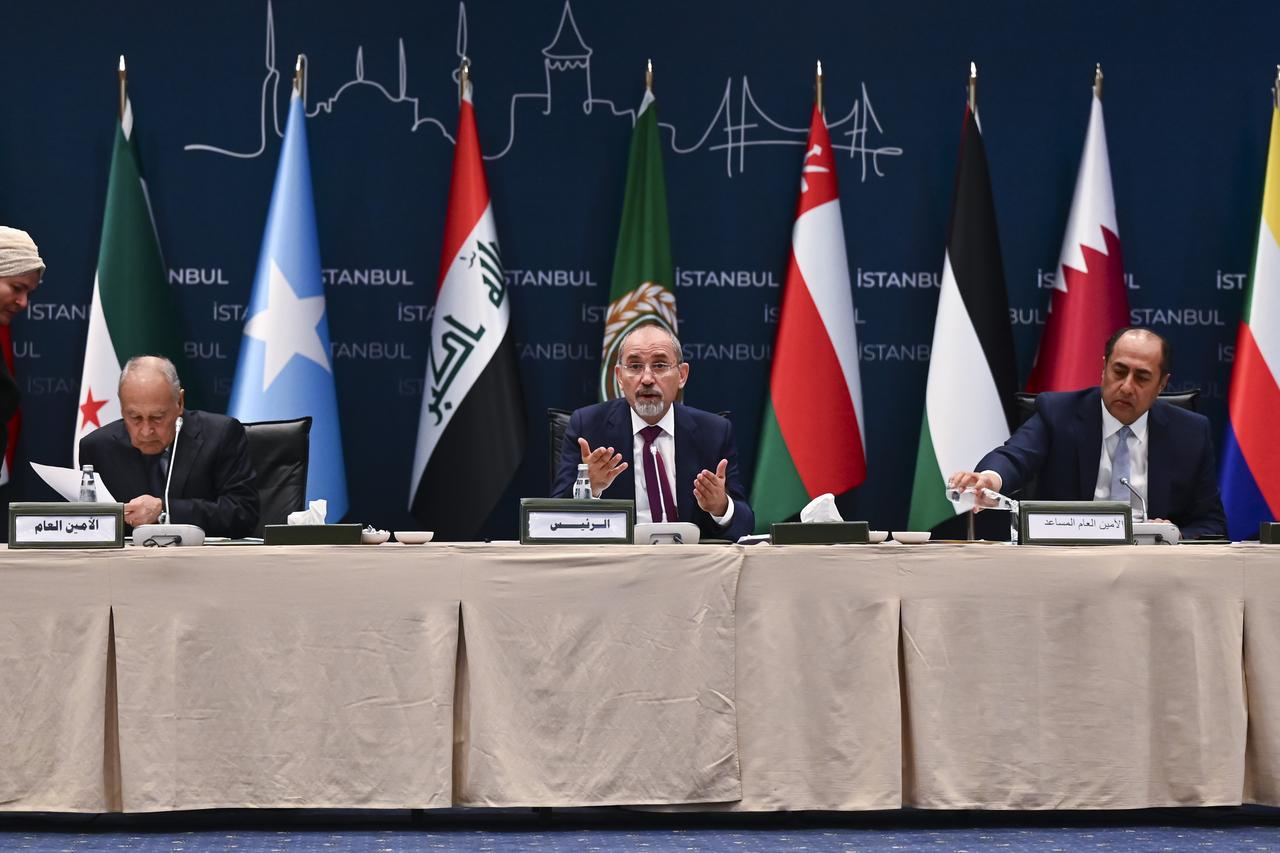
"The region is on the edge of a very deep abyss and at a very dangerous stage," Safadi assessed, emphasizing that the international community "must take real steps to protect the region from being dragged into a comprehensive war; otherwise, world security and peace would be endangered."
Safadi stated that for the region to achieve tranquility, the international community must take action to stop attacks in Gaza and end Israel's illegal actions in the West Bank.
The Jordanian Foreign Minister expressed hope that the Organization of Islamic Cooperation (OIC) Foreign Ministers Council meeting in Istanbul would adopt a common stance on stopping attacks on Gaza and Iran.